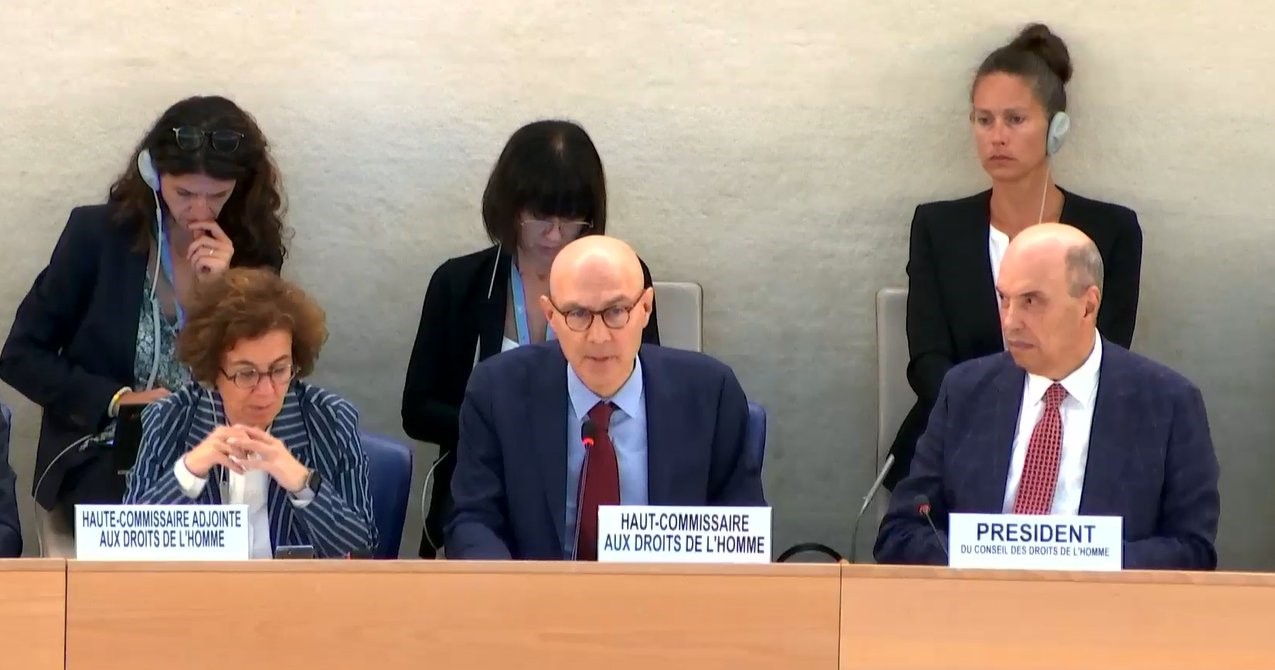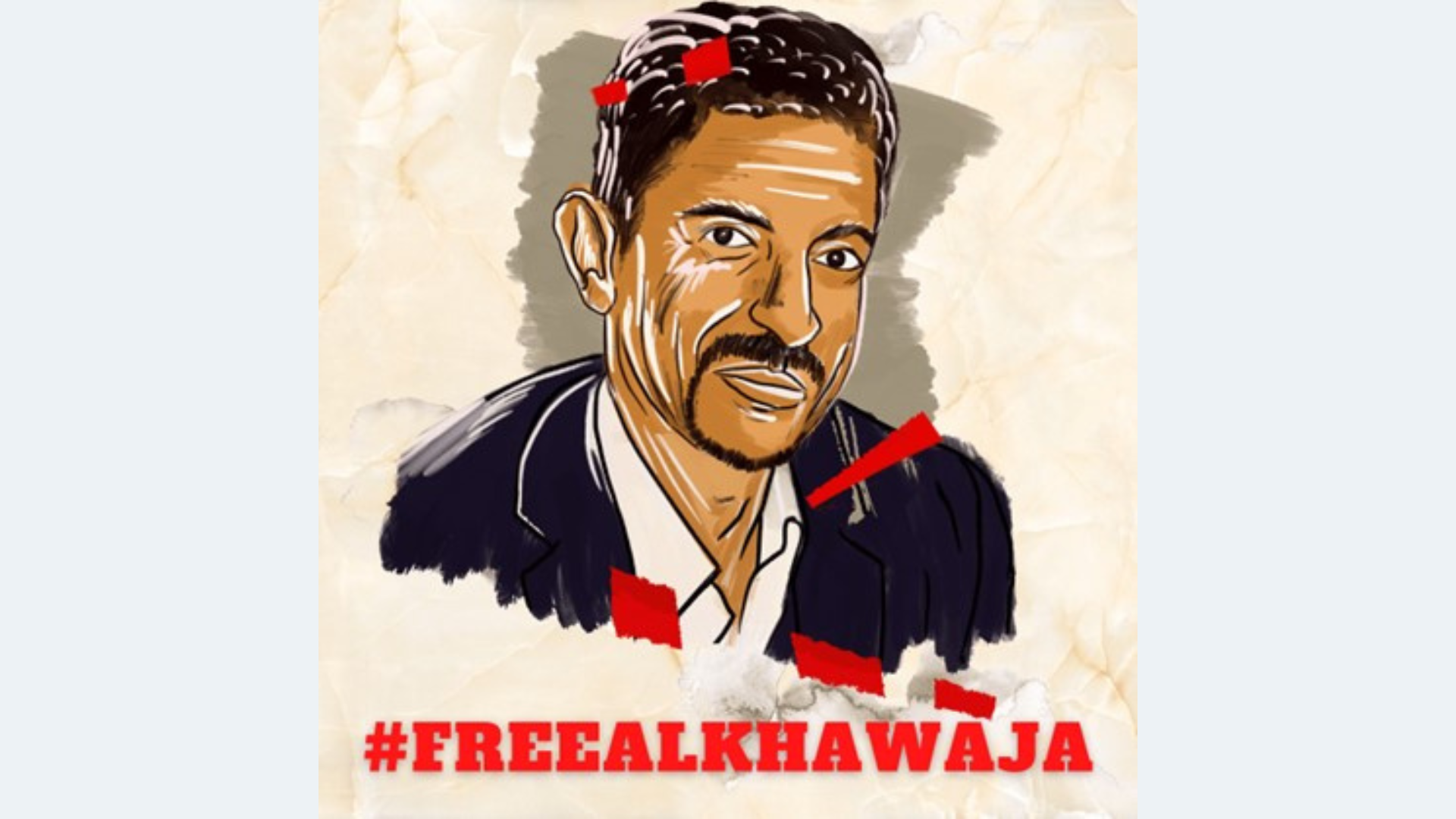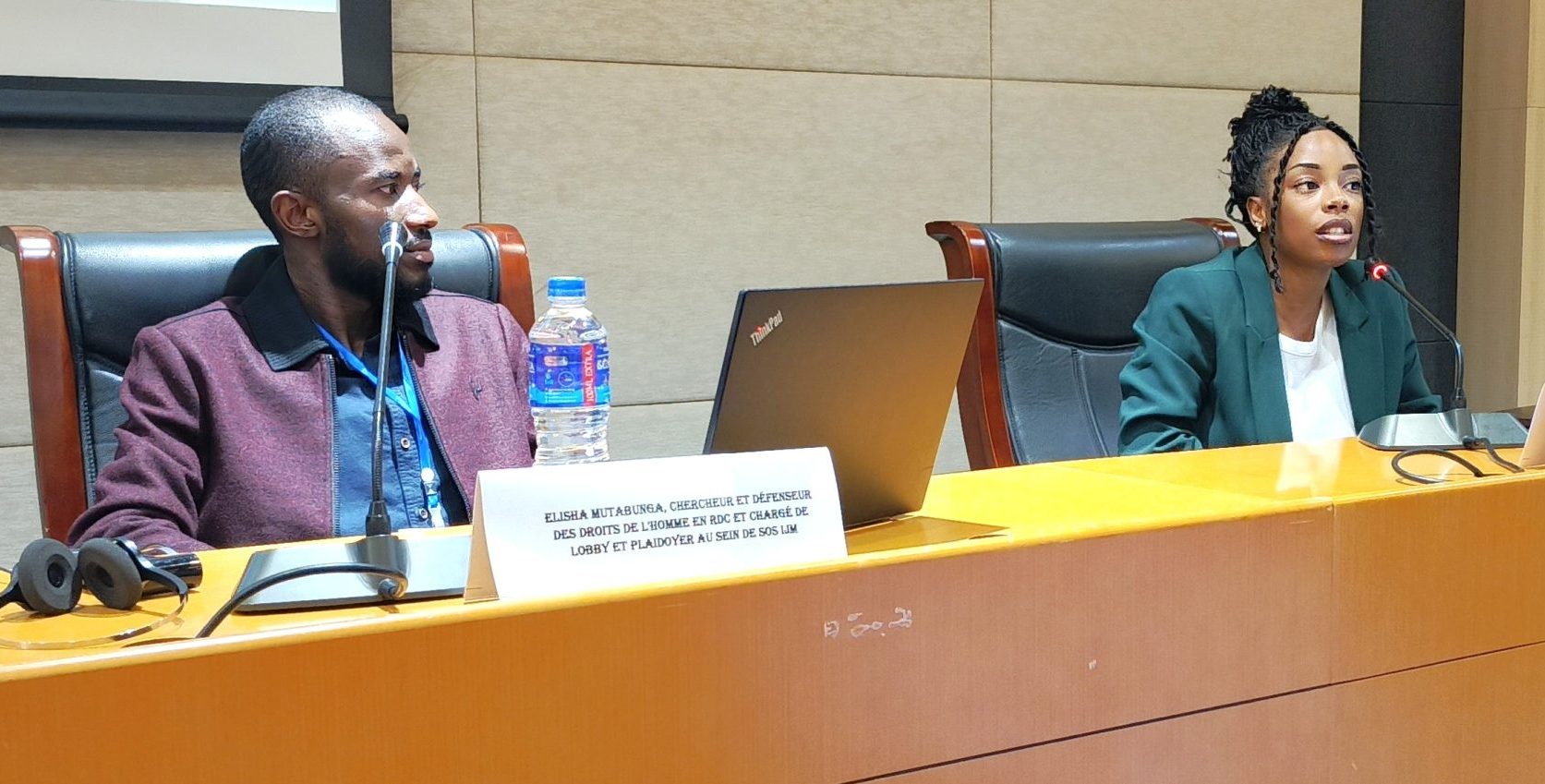In his opening statement to the 56th session of the Human Rights Council in Geneva – the UN’s top human rights decision-making body –, UN High Commissioner Volker Türk ‘deplore[d] the heavy sentences given last week to a women’s rights activist and to a labour rights activist for exercising their fundamental human rights’ in China. Türk’s public condemnation referred to the sentencing on 14 June of feminist activist (Sophia) Huang Xueqin and labour rights activist Wang Jianbing to 5 years and 3.5 years in prison, respectively, for ‘inciting subversion of State power.’
Wang Jianbing was mostly active supporting workers in Southern China, while journalist Huang Xueqin has been a key figure of China’s #metoo movement, bravely denouncing sexual harassment and abuse against high-profile media figures. While the judgment order is likely to remain undisclosed for a long time, Huang and Wang’s August 2022 indictment points to the acts that Beijing views as an attempt to overthrow the government: publishing dissenting opinions on social media, using ‘overseas communication software’ and ‘overseas social media and other online platforms,’ engaging in capacity-building and gatherings in private spaces.
UN human rights experts have extensively documented China’s abuse of national security legislation, and regularly call for the repeal of Criminal Law article 105 providing for the crimes of ‘subversion of State power’ and ‘inciting subversion.’
High Commissioner Türk urged China to ‘release all those arbitrarily detained, ensure access to information by family members and embark on legal reform.’ While acknowledging that his Office is in a ‘dialogue’ with the authorities, he stated his ‘hope this will contribute to concrete improvements.’
A ‘two-speed’ approach
Since March, Türk has adopted a firmer tone with Beijing on the targeting of human rights defenders across the country, and the escalating repression in Hong Kong. After deploring the adoption of a new national security ordinance under Article 23 of Hong Kong’s Basic Law (known as Article 23 law), he voiced concern at the conviction of 14 individuals under Hong Kong’s draconian National Security Law, as well as charges against seven others under the Article 23 law. Türk reiterated his call for the repeal of the National Security Law, and the ‘immediate and unconditional release’ of those detained under both laws.
At the same time, rights groups have expressed concern at the risk that the High Commissioner adopts a two-speed approach in publicly calling out grave abuses across China. In a side event during the Human Rights Council’s 56th session in Geneva, Tibetan activist Lhadon Tethong greatly lamented the absence of any mention of Tibet in Türk’s opening statement, despite the repression of peaceful protests against a hydropower project in Dege a few months earlier.
In a joint launch of five unofficial translations of the UN’s landmark Xinjiang report, which documented prima facie evidence of crimes against humanity, ISHR, the World Uyghur Congress, Human Rights Watch and Amnesty International regretted that Türk ‘did not provide any specifics about his engagement with the government, a substantive update on the situation in Xinjiang, nor an assessment of the implementation of the report’s recommendations.’
Against Beijing’s unchanged rejection of the report, the four groups once more called on the ‘High Commissioner and his office to publicly brief the international community on the Xinjiang report, and take concrete action to follow up on the recommendations and advance accountability for any international crimes and other serious human rights violations in China.’ 31 August will mark two years since previous High Commissioner Michelle Bachelet released the report, a few minutes before ending her mandate.
In a Human Rights Council dialogue the day after Türk’s update, the Netherlands sought an update on China’s progress in implementing the report’s recommendations, while the United Kingdom asked about recommendations prioritised in his dialogue with China. While refraining from naming countries, the High Commissioner underscored the need for ‘an engagement strategy to show tangible results’ as well as his ‘commit[ment] to reporting on progress when it comes to these results on a regular basis, when and how [he] deem[s] it appropriate, specially when it has the most impact.’
While States engaged in a dialogue with the High Commissioner, a UN-appointed expert on human rights defenders publicly urged China to ‘provide information on the status of imprisoned Uyghur doctor Gulshan Abbas, believed to be serving a 20-year sentence since 2019 on terrorism-related charges.’ As Abbas’ relatives are kept in the dark about her location, health condition, and even charges against her, the UN expert states to be ‘appalled by [her] continued imprisonment in apparent retaliation for her sister’s criticism of the Chinese authorities’ treatment of Uyghurs’, emphasising the Xinjiang report’s findings of an alleged pattern of intimidations, threats and reprisals against family members of Uyghurs advocates in exile.
Growing attention to transnational repression
The High Commissioner also pointed to a ‘pattern emerging of transnational repression’ in Southeast Asia ‘whereby human rights defenders seeking refuge in neighbouring countries have been subject to rendition and refoulement or disappeared and even killed.’
Last August, Chinese lawyer Lu Siwei was refouled back to China by Laotian authorities despite international pressure and NGO calls, as he sought to reach Thailand and the United States to reunite with his family.
For Türk, ‘there are indications this trend may be becoming a global one.’ He ‘urge[d] all States to have zero tolerance for such actions and to ensure full accountability of their security forces.’




